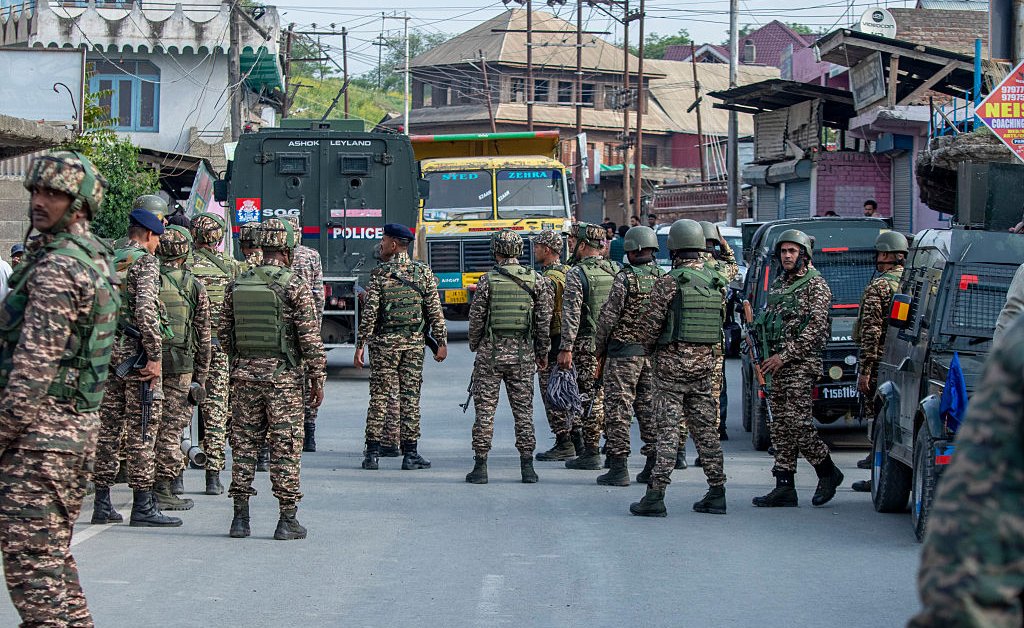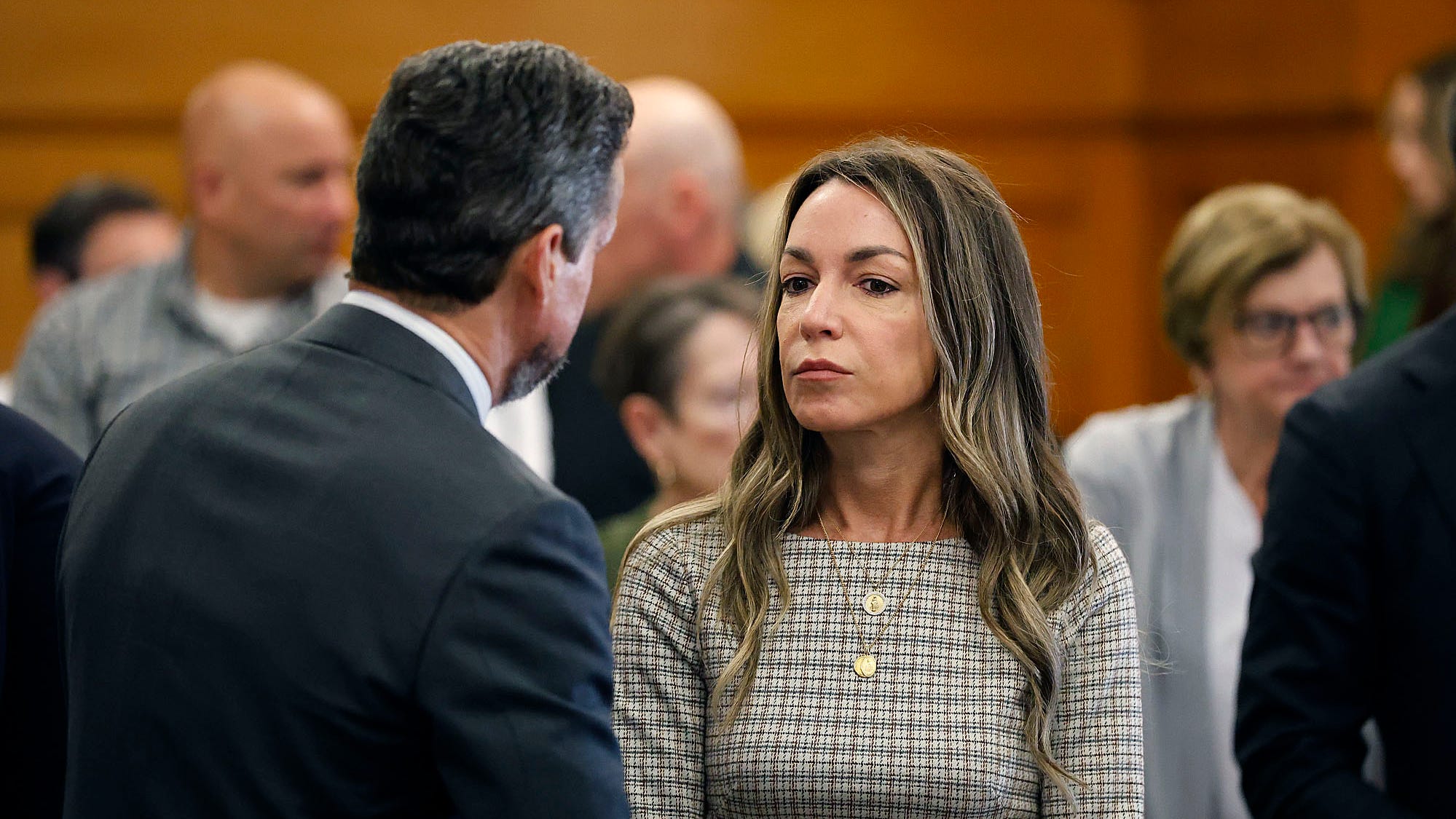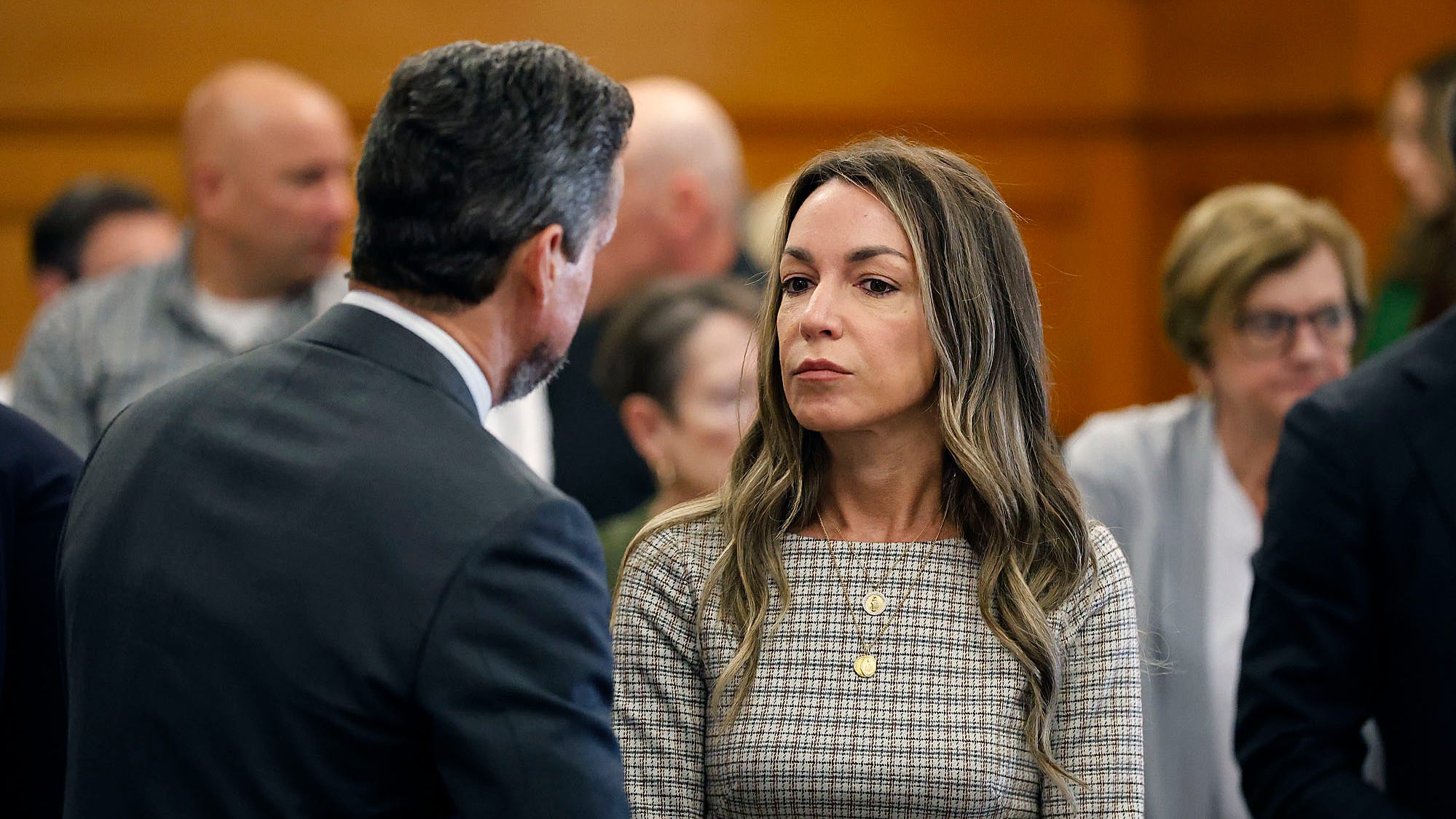The India-Pakistan Conflict: Understanding The Kashmir Issue's History

Welcome to your ultimate source for breaking news, trending updates, and in-depth stories from around the world. Whether it's politics, technology, entertainment, sports, or lifestyle, we bring you real-time updates that keep you informed and ahead of the curve.
Our team works tirelessly to ensure you never miss a moment. From the latest developments in global events to the most talked-about topics on social media, our news platform is designed to deliver accurate and timely information, all in one place.
Stay in the know and join thousands of readers who trust us for reliable, up-to-date content. Explore our expertly curated articles and dive deeper into the stories that matter to you. Visit Best Website now and be part of the conversation. Don't miss out on the headlines that shape our world!
Table of Contents
The India-Pakistan Conflict: Understanding the Kashmir Issue's History
The volatile relationship between India and Pakistan is deeply rooted in the unresolved Kashmir issue, a decades-long territorial dispute that continues to fuel tensions and occasional outbreaks of violence. Understanding this conflict requires delving into its complex history, fraught with political maneuvering, religious fervor, and the enduring suffering of the Kashmiri people.
A Legacy of Partition:
The origins of the conflict lie in the partition of British India in 1947, which created the independent states of India and Pakistan. The princely state of Jammu and Kashmir, a region with a Muslim majority but a Hindu Maharaja, Hari Singh, initially opted for independence. This decision plunged the region into chaos. Pakistan, driven by its desire to create a contiguous Muslim homeland, launched a tribal invasion of Kashmir in October 1947.
Accession to India and the First Kashmir War:
Faced with imminent collapse, Maharaja Hari Singh acceded to India in exchange for military assistance. This accession, however, did not resolve the territorial claims. The ensuing First Kashmir War (1947-1949) solidified the division of Kashmir into Indian-administered Jammu and Kashmir, and Pakistan-administered Azad Kashmir and Gilgit-Baltistan. A UN-mediated ceasefire line, later known as the Line of Control (LoC), demarcated the territories, but it failed to achieve a lasting peace.
Subsequent Conflicts and Escalations:
The Kashmir issue remained a festering wound, leading to further conflicts:
- The Sino-Indian War (1962): Although not directly related to the India-Pakistan conflict, this war significantly impacted regional geopolitics and indirectly influenced the Kashmir situation.
- The 1965 War: Triggered by cross-border infiltration and escalating tensions, this war further entrenched the division of Kashmir.
- The 1971 War: Bangladesh's liberation from Pakistan significantly altered the regional power dynamic, but did little to resolve the Kashmir issue.
- The Kargil War (1999): This conflict involved Pakistani-backed militants infiltrating Indian-administered Kashmir, resulting in a significant military confrontation.
The Kashmir Issue Today:
The LoC remains a highly militarized zone, witnessing frequent skirmishes and exchanges of fire. Both India and Pakistan claim the entire territory of Jammu and Kashmir, leading to persistent political tension. The situation is further complicated by the presence of various militant groups operating within the region, often fueled by religious and nationalist ideologies. Furthermore, the human rights situation in Kashmir remains a significant concern, drawing international attention and condemnation.
Understanding the Key Players:
- India: Claims the entire state of Jammu and Kashmir, arguing for its accession based on legal grounds. Emphasizes its commitment to maintaining territorial integrity.
- Pakistan: Claims the majority of Jammu and Kashmir, based on the region's Muslim majority population and historical ties. Views the Kashmir issue as a matter of self-determination for the Kashmiri people.
- The Kashmiri People: Caught in the crossfire, Kashmiri people have long suffered from the conflict, experiencing displacement, human rights violations, and limited self-governance. Their aspirations for self-determination remain central to the issue.
The Path Forward:
Finding a lasting resolution to the Kashmir issue requires a multifaceted approach involving dialogue, compromise, and a genuine commitment from all parties to address the concerns of the Kashmiri people. While the path to peace remains challenging, sustained diplomatic efforts, coupled with a focus on human rights and self-determination, are crucial steps towards resolving this enduring conflict. The international community also plays a vital role in fostering dialogue and promoting a peaceful resolution. Only through comprehensive engagement can a lasting solution be achieved, bringing an end to the decades-long suffering endured by the people of Kashmir.
Further Reading:
- [Link to a reputable article on the history of Kashmir]
- [Link to a UN report on the human rights situation in Kashmir]
This complex and sensitive issue demands further investigation and understanding. We encourage readers to engage with diverse perspectives and resources to form their own informed opinions.

Thank you for visiting our website, your trusted source for the latest updates and in-depth coverage on The India-Pakistan Conflict: Understanding The Kashmir Issue's History. We're committed to keeping you informed with timely and accurate information to meet your curiosity and needs.
If you have any questions, suggestions, or feedback, we'd love to hear from you. Your insights are valuable to us and help us improve to serve you better. Feel free to reach out through our contact page.
Don't forget to bookmark our website and check back regularly for the latest headlines and trending topics. See you next time, and thank you for being part of our growing community!
Featured Posts
-
 Rome Open Jabeur Vs Kvitova Match Preview Streaming Options And Odds
May 10, 2025
Rome Open Jabeur Vs Kvitova Match Preview Streaming Options And Odds
May 10, 2025 -
 Karen Read Testimony Fiery Exchange Leads To Troopers Return To Court
May 10, 2025
Karen Read Testimony Fiery Exchange Leads To Troopers Return To Court
May 10, 2025 -
 Intense Courtroom Drama Karen Read Trial Updates Troopers Testimony Continues
May 10, 2025
Intense Courtroom Drama Karen Read Trial Updates Troopers Testimony Continues
May 10, 2025 -
 Analyzing The Andreeva Vs Arango Encounter Italian Open 2025 Round Of 64
May 10, 2025
Analyzing The Andreeva Vs Arango Encounter Italian Open 2025 Round Of 64
May 10, 2025 -
 Unlocking All Night Egg Pets In Grow A Gardens Lunar Update
May 10, 2025
Unlocking All Night Egg Pets In Grow A Gardens Lunar Update
May 10, 2025
